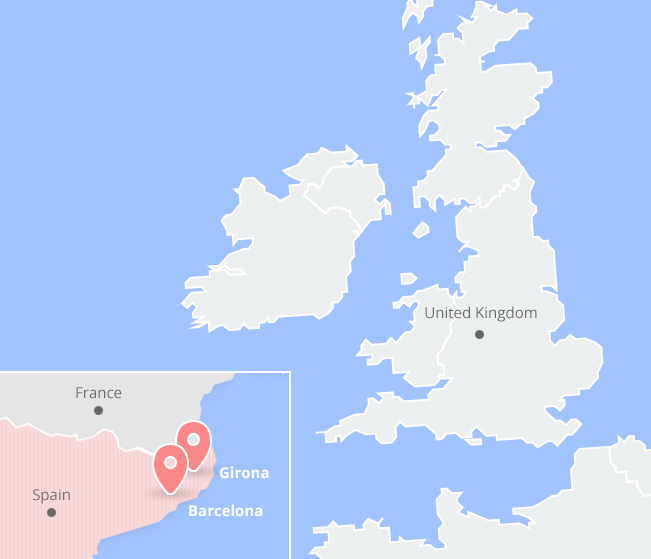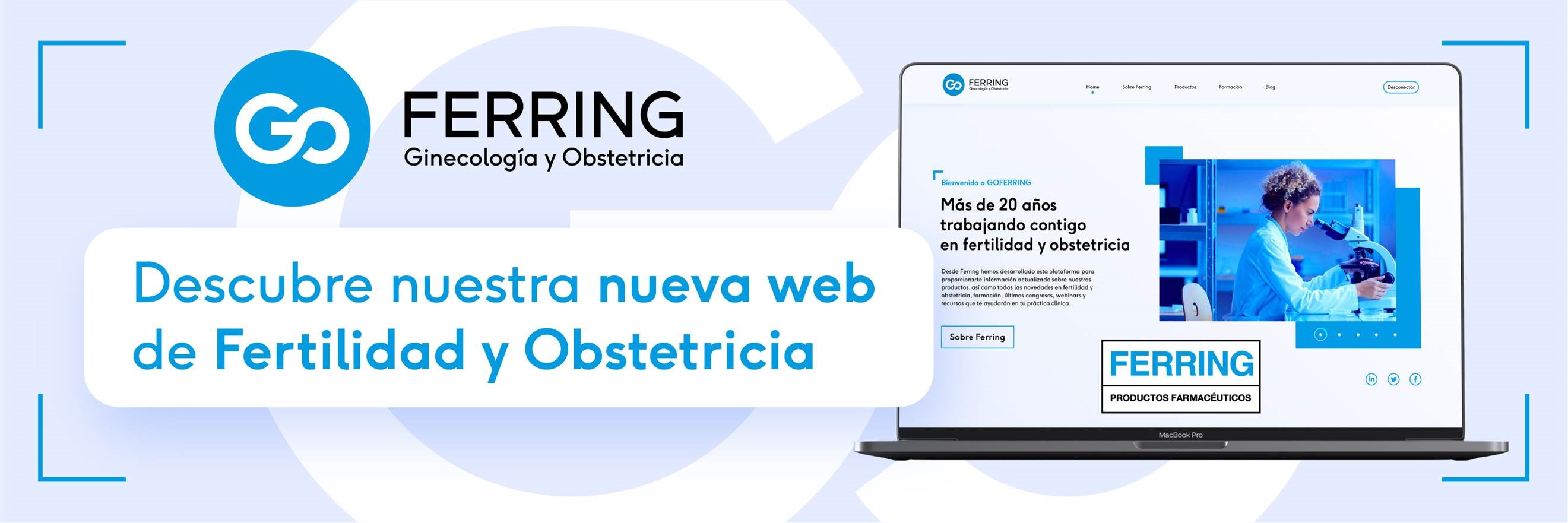Frequently asked questions
Egg vitrification: fertility preservation
What is the best age to freeze my eggs?
After the age of 35 the quality of eggs decreases significantly, so much so, that after the age of 40 it is very difficult to conceive spontaneously. Given this, if you are between 30 and 40 years old and, for various reasons, you do not anticipate being a mother in the short term, you can freeze your eggs and protect them from the passing of time, preserving your fertility.
Does egg vitrification have any side effects?
NO. It is not true that egg vitrification increases the risks of cancer, or that it causes an increase in body weight, or the sudden appearance of acne, or any other undesirable effects.
Does egg vitrification bring forward the menopause?
NO. In normal circumstances, a woman of reproductive age has an ovarian reserve of between 200,000 and 300,000 eggs. In each ovarian cycle (on average 28 days), between 100 and 200 eggs are used, of these, only 1 or 2 reach maturity, while the rest are lost together with the period. During this process we “exploit” this so that some of the eggs, which would have been lost anyway, reach maturity (without affecting the total number of eggs that the woman has). These are the eggs that are frozen.
Can I have children naturally after egg vitrification?
YES. The process of stimulating the ovaries and then freezing the eggs does not affect your ovarian reserve, that is to say, it does not reduce the total number of eggs that you have. Vitrified eggs are simply an “insurance policy”, in case, when you decide to be a mother, you have difficulties achieving it.
Is egg vitrification an uncomfortable process? Can I lead a normal life?
NO, it is not uncomfortable; however, as a result of the treatment and water retention, there is a slight temporary increase in body size, similar to that which occurs during menstruation. These symptoms are absolutely normal and disappear once the treatment has been concluded, a few days after menstruation. You can lead a completely normal life throughout the entire treatment.
How long can my eggs remain frozen?
The liquid nitrogen means that the eggs can be stored at -196ºC indefinitely, until you need them, their reproductive potential being unaffected by time.
What will I need to do when I want to use my frozen eggs?
When you decide that you want to use your frozen eggs, they will need to be defrosted. They will then be inseminated and the resulting embryos transferred to your uterus.
Is the technique safe? Does egg vitrification have any negative side effects on newborn babies?
Although it is a pioneering technique that has recently been implemented, there is substantial data to show that newborn babies resulting from frozen eggs are at no greater risk of diseases than the rest of the population.
What success rate or probability of a pregnancy will I have after freezing my eggs?
This depends on a number of different factors, particularly on the number and quality of eggs when they were frozen. In general terms, it is a very efficient technique and, therefore, the probability of a pregnancy is very high.
Medical
What is endometriosis?
It is the growth of endometrial tissue outside the uterus, where it is usually found. It tends to appear in the Fallopian tubes, ovaries or peritoneal cavity. It depends on the levels of female sex hormones and it increases in each ovulation cycle until it is shed during menstruation.
There are different degrees of endometriosis and the most severe are associated with pain (essentially during menstruation) and infertility (tubal obstruction, ovarian cysts, etc.).
In Vitro Fertilisation is the assisted reproduction technique that is used to treat infertility associated with endometriosis.
What is the Polycystic ovary syndrome (PCOS)?
It is a very common condition in women and it gets this name from the presence of multiple small cysts (follicles) on the surface of the ovary, when seen by ultrasound.
In many cases, they do not cause any problems, but they do if some of these women have cycles in which there is no ovulation, usually very irregular menstrual cycles or even a lack of menstruation.
Therefore, in order to become pregnant, a woman with polycystic ovaries will need the help of assisted reproduction.




 Español
Español Français
Français Català
Català Italiano
Italiano Русский
Русский











